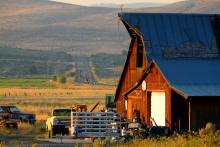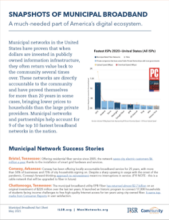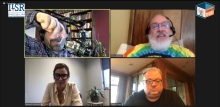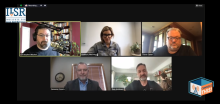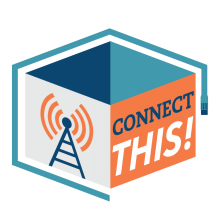Golden State Connectivity Authority and UTOPIA Fiber to Build Open Access FTTH Network Across Rural California
Last week, the Golden State Connectivity Authority (GSCA) announced it has entered into formal partnership with the municipally owned open access network UTOPIA Fiber, for the Utah-based owner and provider to design, build, and operate a new open access fiber-to-the-home (FTTH) network across the 38 rural counties in the state of California. It's a move that not only offers the chance to bring future-proof connections to millions of rural California households in the near future, but have wide policy and industry implications for open access fiber networks down the road.
Local Governments Band Together
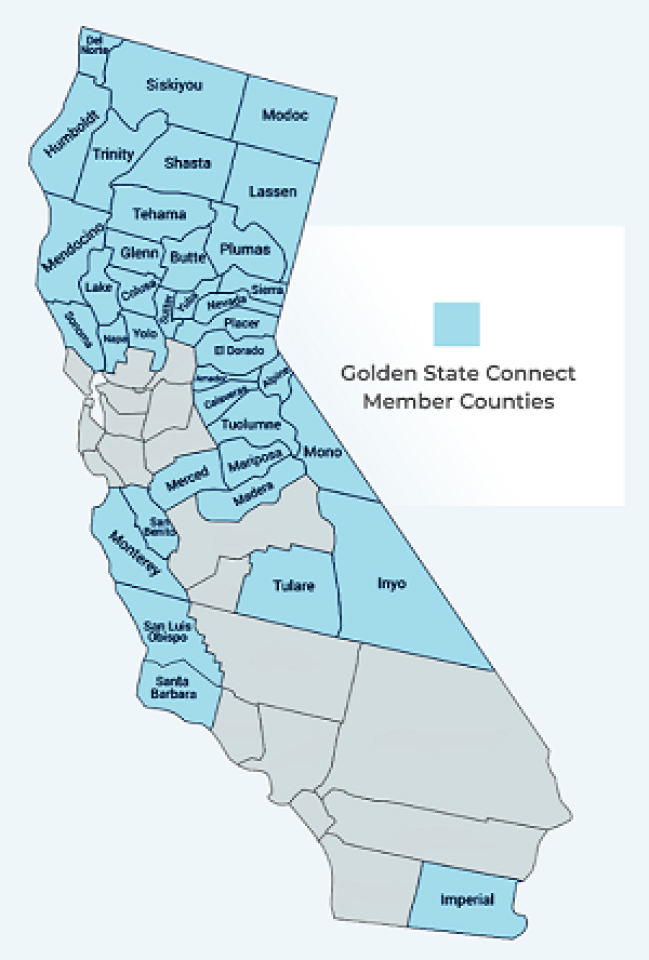
The Golden State Connectivity Authority is a joint powers authority (JPA) created by the Rural County Representatives of California (RCRC), which represents more than three dozen rural counties across the state. RCRC seeks to tackle the variety of shared problems that the state's rural communities face by advancing concrete policy solutions across transportation, energy, natural resources, governance, healthcare, and a collection of other arenas.


